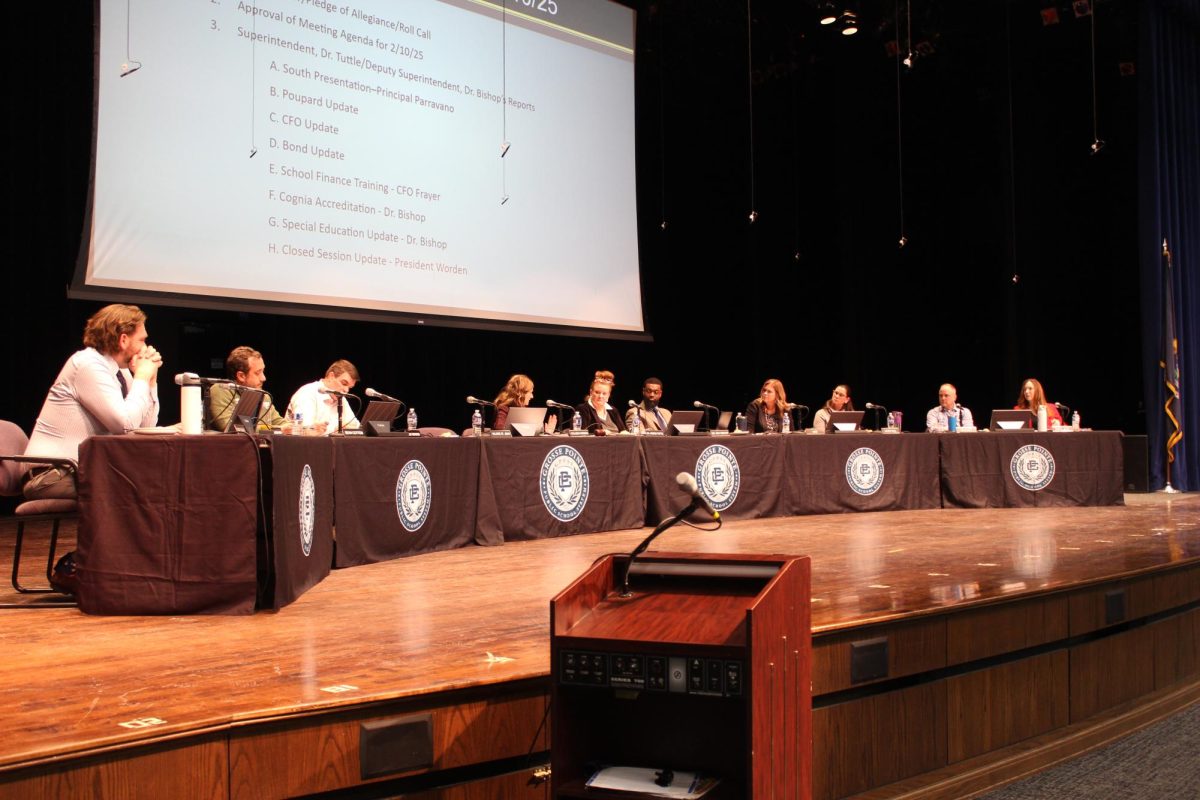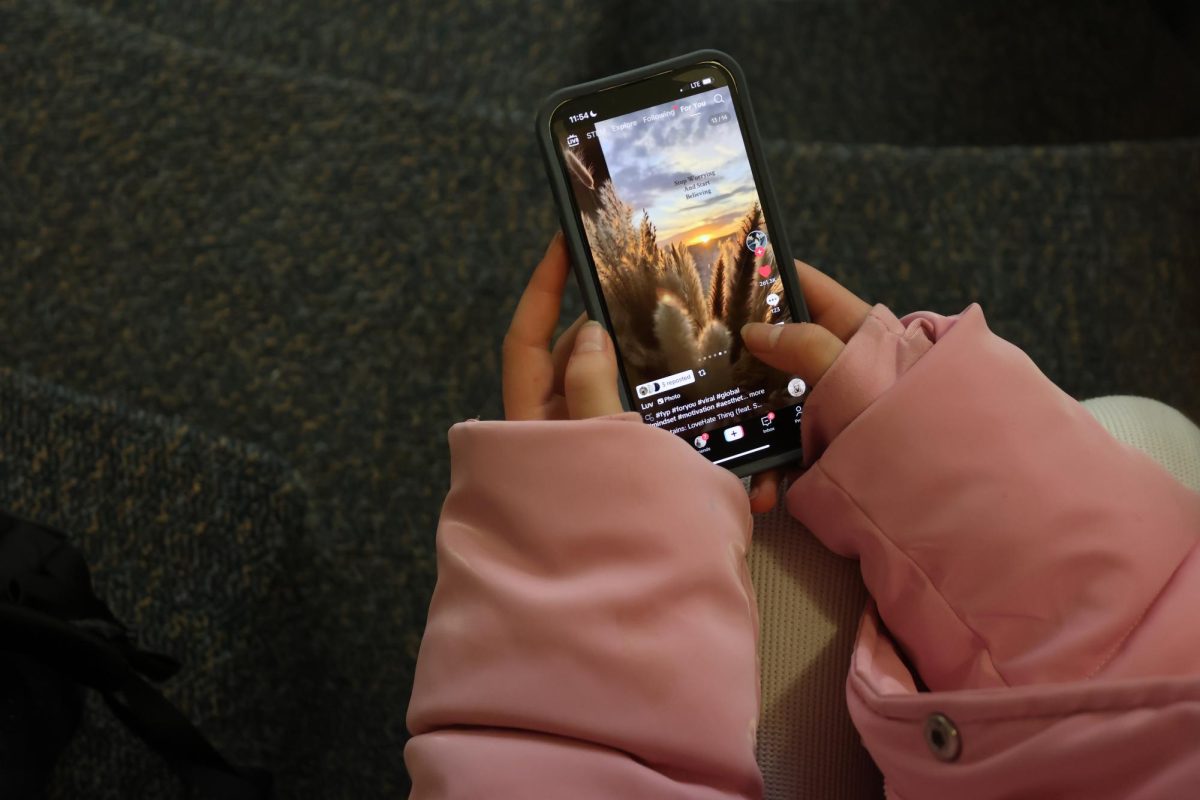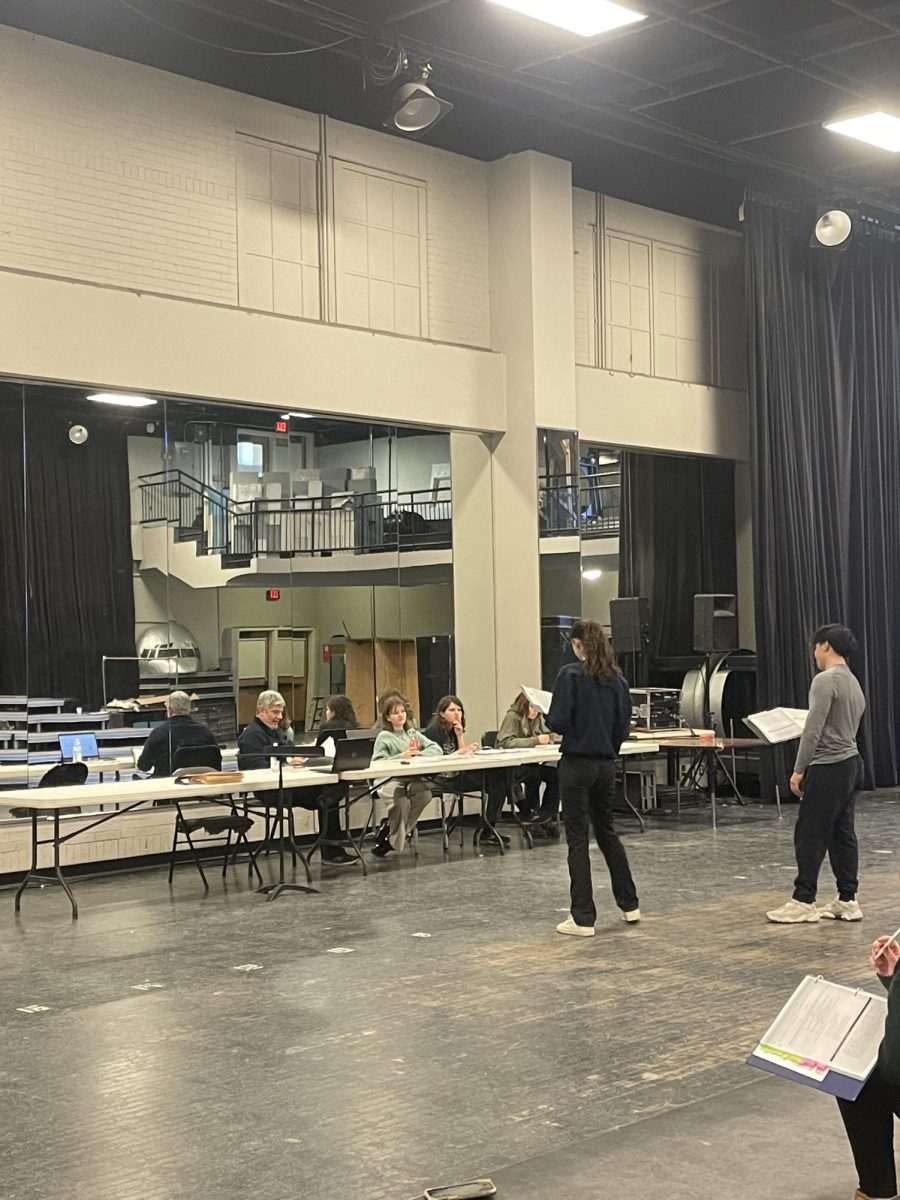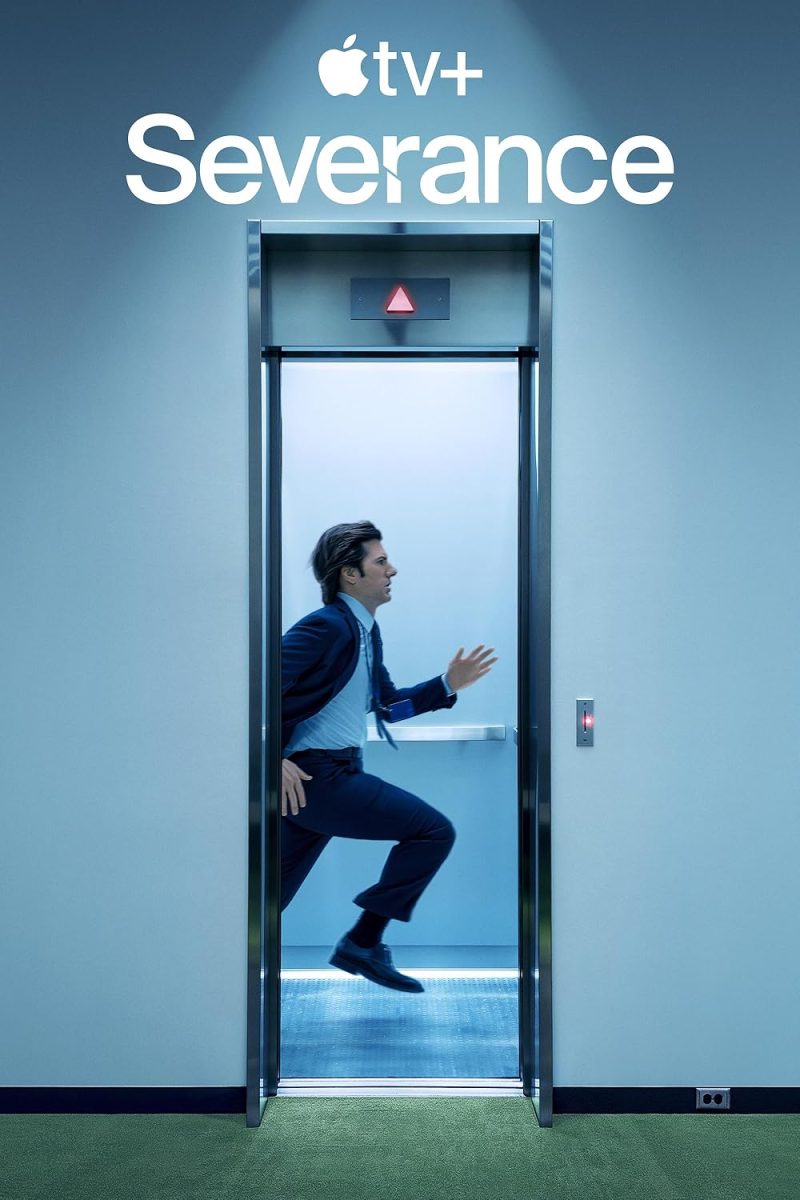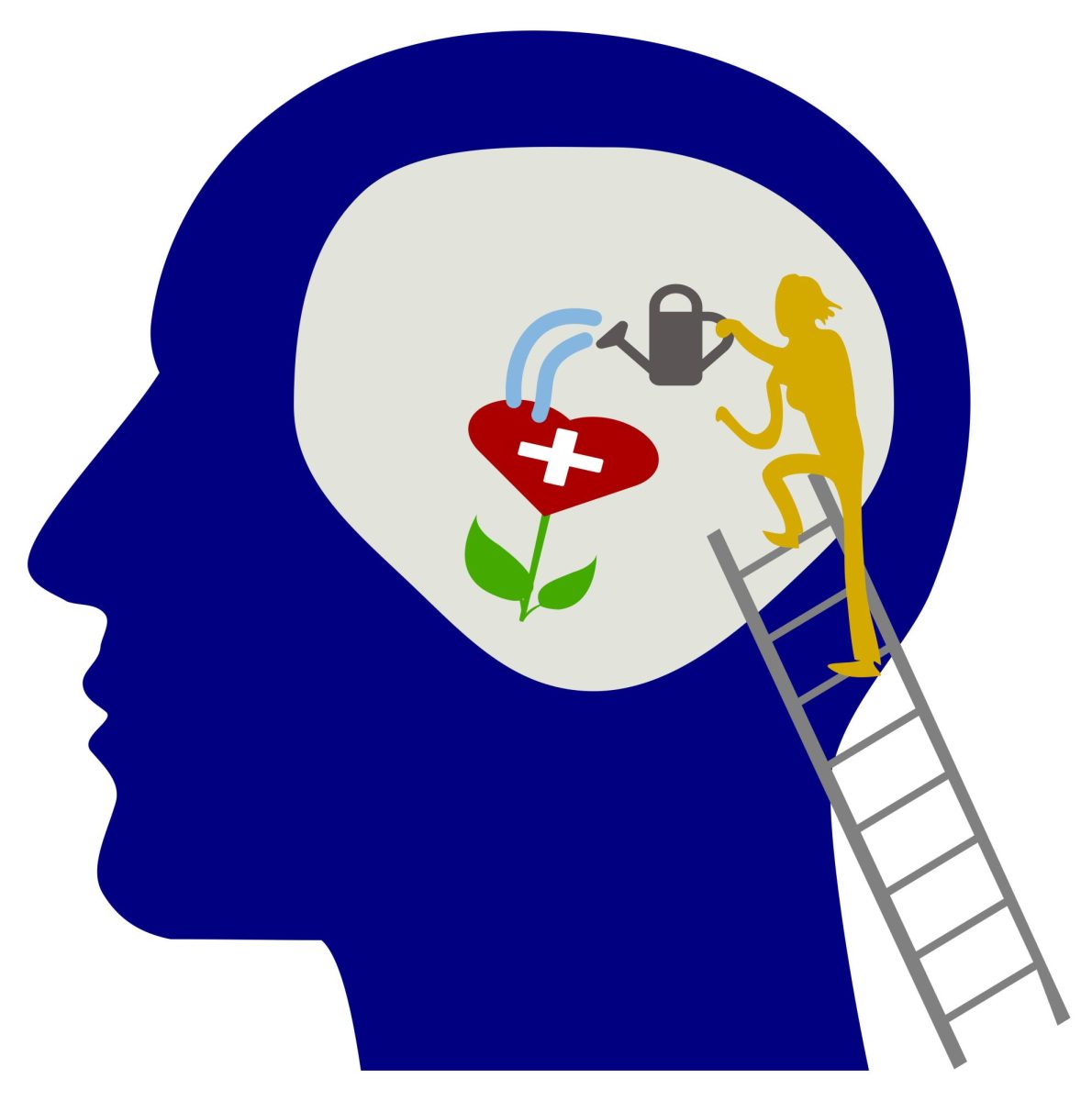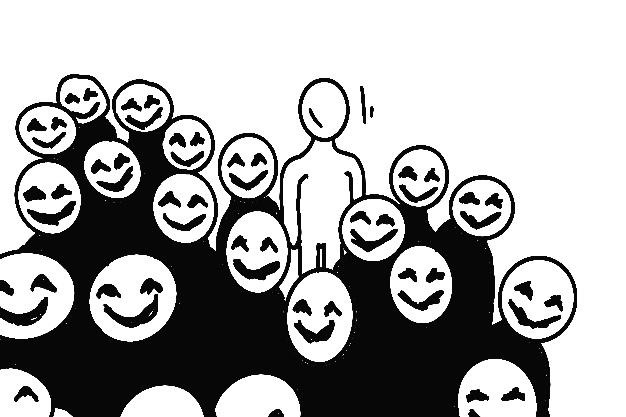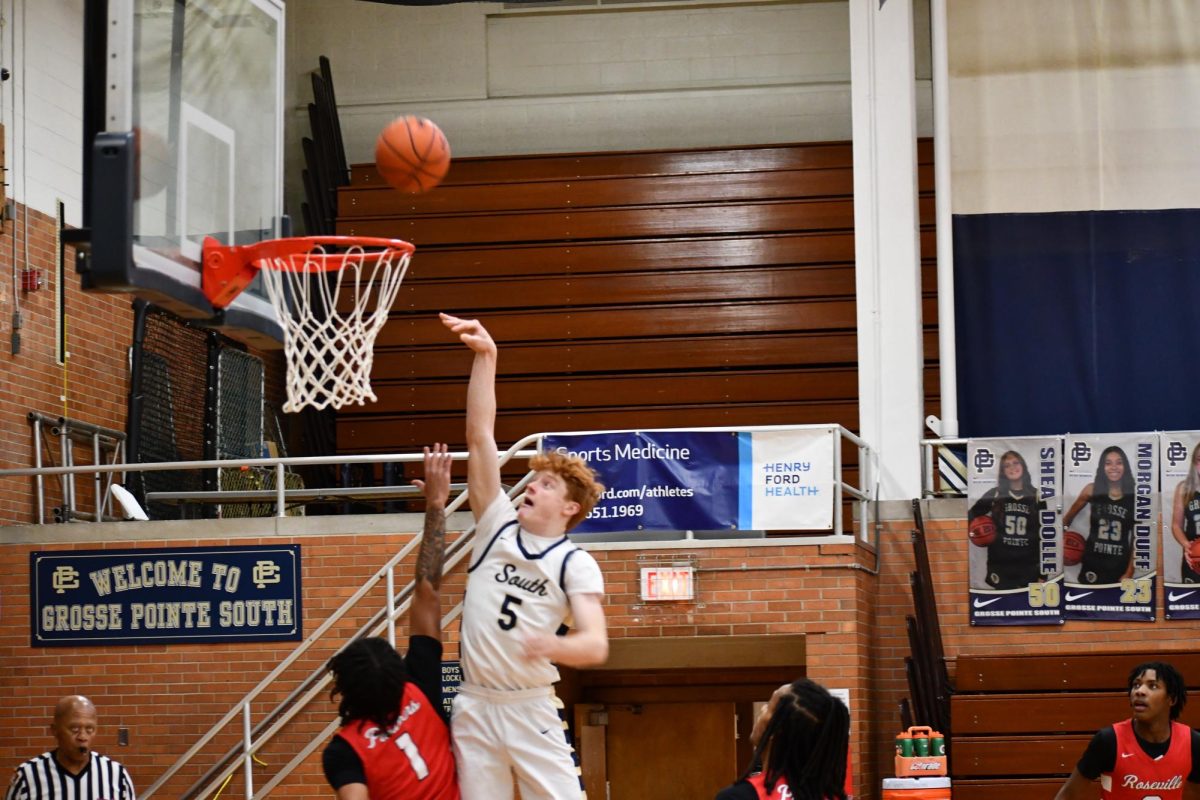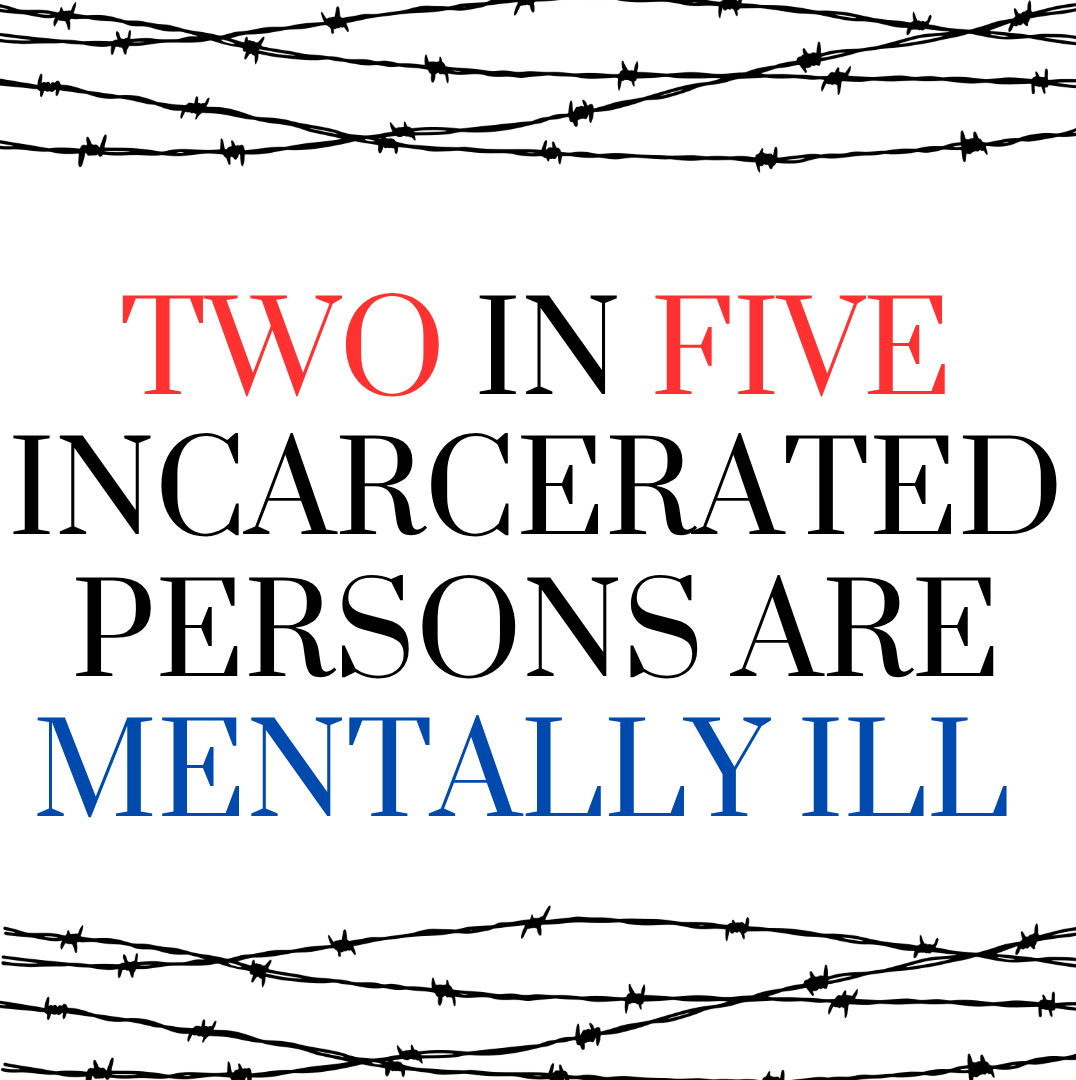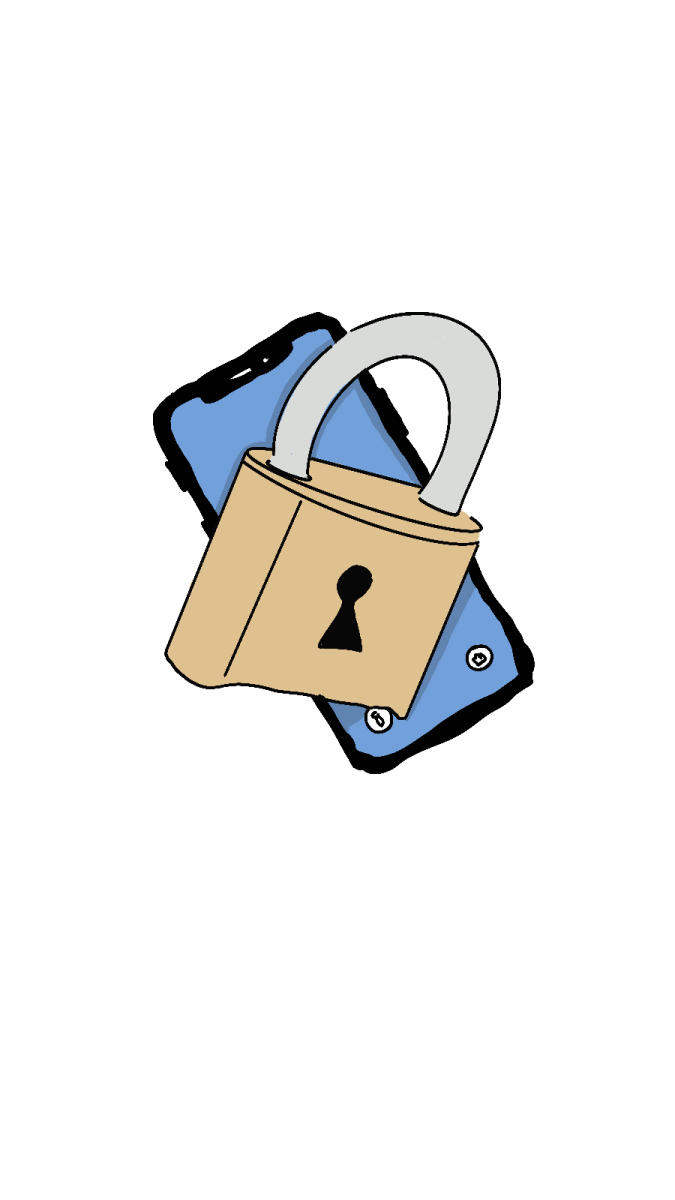234 years ago, the Eighth Amendment of the Constitution was ratified. A clause to instill incarcerated prisoners with limited rights against “excessive bail.., nor excessive fines imposed, nor cruel and unusual punishments inflicted”. However, “cruel and unusual punishment” is the standard of living for prisoners across the United States.
The parallel lines between prisons and mental hospitals skew perpendicular when we look at the treatment of those inside. Prisons are used as mental hospitals and mental hospitals are being treated as prisons.
The Choate Mental Health and Development Center in Southern Illinois has an outrageously long history of charging their mentally ill patients with crimes. Lutrice Williams, suffering from intellectual disability, bipolar disorder, post-traumatic stress disorder, and complications derived from fetal alcohol syndrome, admitted herself to Choate. Instead of receiving talk therapy to cope with her past trauma, she was whipped with a belt. Facing the alleged abuse from the staff at Choate, Williams exhibited common psychological outbursts, sometimes violent. But instead of receiving treatment to correct these upheavals, she received a summons ordering her to report to criminal court on a felony battery charge.
When patients are enrolled in a mental hospital with a court-ordered legal guardian because their mental state renders them incapable of managing their own affairs, what makes the staff think that they are in the right mind to reason with distressing circumstances? The mentally ill are not criminals, they are patients. The real criminal is the “medical professional” prescribing a court hearing instead of a dose of treatment. Cruel and unusual.
So if patients are labeled as criminals, how are actual mentally ill prisoners being treated?
In 2010, Harriet Krzykowski became a psychiatric technician at the Dade Correctional Institution in Florida. She received massive backlash for questioning the abuse of inmates, specifically the mentally ill unable to advocate for themselves. In addition to witnessing inmates being starved, rejected from recreational time or physical activity outdoors, subjected to dangerously long solitary confinement time, and general verbal and physical torment from correctional officers, Krzykowsi also witnessed a murder. A severely schizophrenic inmate, Darren Rainey, was escorted to the showers after irritating a correctional officer. Two hours later, Rainey was pronounced dead. The water supply had been intentionally tampered with, reaching the extreme temperature of 180 degrees. Rainey suffered burns covering 90% of his skin, falling off at the touch. Cruel and unusual.
Arguably the worst prison system in the United States is the facilities and treatment in the state of Alabama. Alabama sentences the most incarcerated persons to death per year than any other state. A prime example of this injustice is the case of Kenny Smith. In 2022, Smith faced an agonizing failed execution. He was restrained vertically in a gurney while being repeatedly stabbed with a needle that would be used to inject a lethal substance into his veins, after an hour of poking, they could not find the vein. The execution was called off and a new date was set for 2024. Here they tested an experimental nitrogen gas execution technique that if administered improperly, could have resulted in the death of all persons in the room. Although never used on humans before, nitrogen hypoxia has been labeled unfit for euthanizing animals. In addition to a history of botched and increasing execution numbers, Alabama can add experimental and inhumane execution tactics to its resume—the most cruel and unusual of them all.
Psychological torture is an underestimated effect of being on death row. For Smith, enduring the impending calamity of an untimely death at the hands of unqualified personnel must have been utterly damaging. Whether it’s like Williams’s case where a hospital record transformed into a criminal record, or like in Rainey’s case where prison as a mentally ill person resulted in his death, there are consistent, appalling, and disturbing injustices like these in containment facilities across the country. Eighth Amendment rights violations remain unchecked by the American justice system. The system is abused time and time again, requiring not just a reform, but a complete rebuild.





